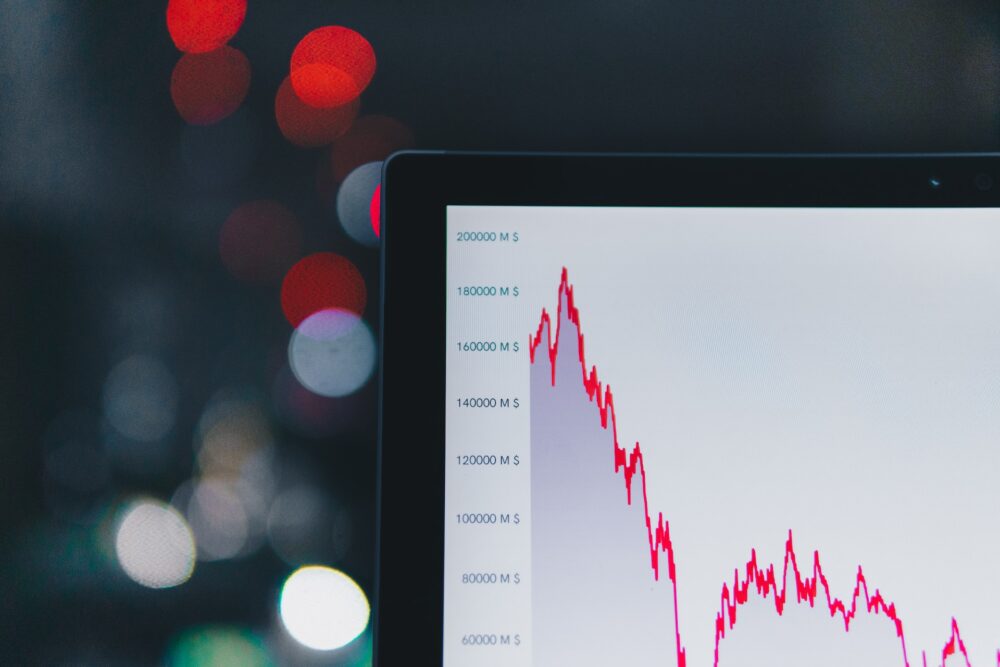Fintech
The Fintech Sector in 2023: Between Uncertainties, Alliances and Hi-Tech Solutions
In terms of geographic presence, Fintech for Good companies appear distributed across both emerging (30%) and advanced (49%) economies. The United States represents the first country in terms of number of Fintech for Good (30% of the total sample), followed by the United Kingdom (15%), while the Italian market shows room for growth with a share of 7% of the total sample.

The past few months have not been easy for the sector, even if Insurtech is growing. Gianturco (Deloitte): “The current uncertainty must encourage us to look for innovative solutions. Transformation can only happen if you have the appropriate digital skills.”
We have come from difficult years for the fintech sector and beyond. The current geopolitical situation, unstable and volatile at a global level, does not help. At the same time, InsurTech companies have grown a lot, with more than $75 billion invested by venture capitalists and many others who believe in the potential of this sector.
The report is focused on Fintech for Good conducted by Deloitte globally in collaboration with Tiresia – the research center of the School of Management of the Polytechnic of Milan which studies sustainability strategies and innovation models – Fintech District and FTS Group.
“Fintech for Good” combines finance and technology by integrating the issues of environmental and social sustainability into the design, development and implementation of fintech organizations and services.
Read more about the fintech sector and find the latest financial news of the day with our companion app Born2Invest.
The results of the Deloitte report
The report released by Deloitte outlines Fintech for Good as a growing sector, which is becoming increasingly widespread globally. According to the results, among the market segments that most integrate ESG factors into the design, development and implementation of Fintech organizations and services are digital banking, payments and investments, with 24% and 20% respectively. and 19% of the sample.
In terms of geographic presence, Fintech for Good companies appear distributed across both emerging (30%) and advanced (49%) economies.
I-Tech Innovation
The United States represents the first country in terms of number of Fintech for Good (30% of the total sample), followed by the United Kingdom (15%), while the Italian market shows room for growth with a share of 7% of the total sample.
“In the consultancy sector, the fintech sector has long been an essential element for innovating and changing – continues Gianturco – It is part of a drive towards innovation, digitalization, automation also thanks to increasingly innovative tools such as AI and blockchain which, enabled by cloud environments, allow companies, consumers and the world of the economy to function better.”
According to the Deloitte report, the main segments of Fintech for Good include Digital Banking, Payments, Investments, Lending, Crowdfunding, InsurTech and RegTech, in addition to TechFin.
What to expect for the fintech sector in the future?
“In a world where 1.7 billion adults do not have access to banking services, Fintech for Good offers opportunities for social and economic transformation, representing a force for change in the financial sector – comments Gianturco – These companies not only provide financial solutions innovative, but also a means to address social and environmental problems, creating value for society as a whole”, and adds: “I am optimistic about the future, the uncertainty we experience must be used to our advantage to refine our skills and go in search of increasingly innovative ideas.”
But there are obstacles and they are not insignificant: «The issue of skills is a very delicate matter – said Gianturco – Currently, transformation cannot take place if you don’t have the appropriate digital skills. And often this is exactly what happens. It is therefore essential that companies approach the issues of upskilling and training in an appropriate manner. The transformation that will take place will not be done in 6 months or a year, but in the long term. We must raise the cultural level of the country and ask for more concrete help from the institutions to become more credible in foreign eyes.”
__
(Featured image by m. via Unsplash)
DISCLAIMER: This article was written by a third party contributor and does not reflect the opinion of Born2Invest, its management, staff or its associates. Please review our disclaimer for more information.
This article may include forward-looking statements. These forward-looking statements generally are identified by the words “believe,” “project,” “estimate,” “become,” “plan,” “will,” and similar expressions. These forward-looking statements involve known and unknown risks as well as uncertainties, including those discussed in the following cautionary statements and elsewhere in this article and on this site. Although the Company may believe that its expectations are based on reasonable assumptions, the actual results that the Company may achieve may differ materially from any forward-looking statements, which reflect the opinions of the management of the Company only as of the date hereof. Additionally, please make sure to read these important disclosures.
First published in StartupItalia. A third-party contributor translated and adapted the articles from the originals. In case of discrepancy, the originals will prevail.
Although we made reasonable efforts to provide accurate translations, some parts may be incorrect. Born2Invest assumes no responsibility for errors, omissions or ambiguities in the translations provided on this website. Any person or entity relying on translated content does so at their own risk. Born2Invest is not responsible for losses caused by such reliance on the accuracy or reliability of translated information. If you wish to report an error or inaccuracy in the translation, we encourage you to contact us

-

 Crypto3 days ago
Crypto3 days agoXRP vs. Litecoin: The Race for the Next Crypto ETF Heats Up
-

 Biotech2 weeks ago
Biotech2 weeks agoVytrus Biotech Marks Historic 2024 with Sustainability Milestones and 35% Revenue Growth
-

 Biotech11 hours ago
Biotech11 hours agoSpain Invests €126.9M in Groundbreaking EU Health Innovation Project Med4Cure
-

 Crypto1 week ago
Crypto1 week agoRipple Launches EVM Sidechain to Boost XRP in DeFi
























